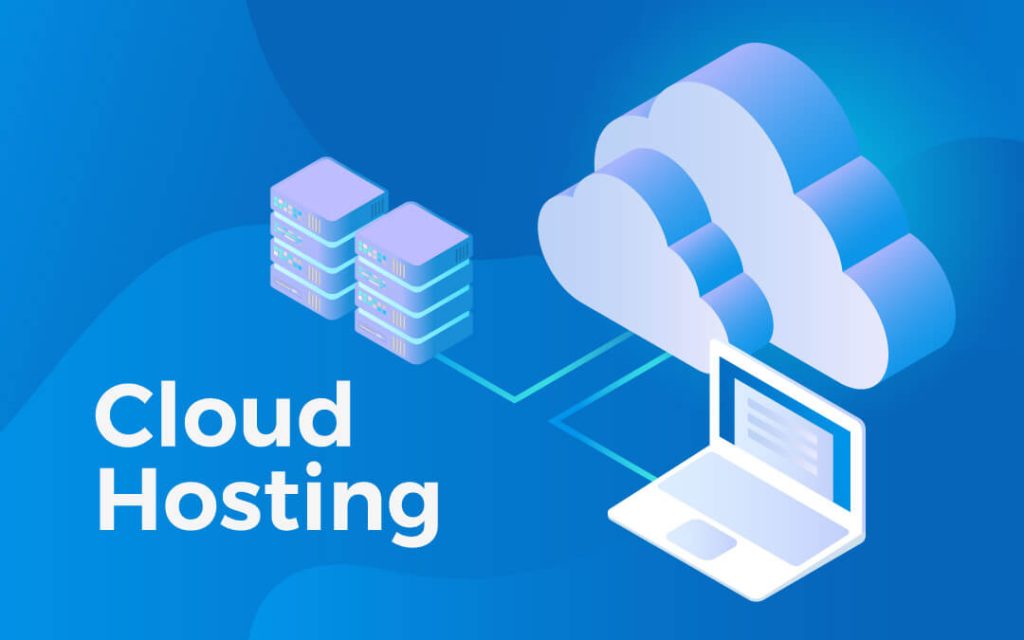Use cases of cloud computing
1. Cloud storage
Cloud computing allows you to store your data and access, store, and retrieve them from any web-enabled interface. The user interfaces for web services are usually straightforward. Your environment has high availability, speed, scalability, and security at any time and in any location. In this situation, businesses only pay for the amount of cloud storage they really use, and they do so without having to worry about daily storage infrastructure upkeep.
Depending on the regulatory compliance requirements, the data can also be stored on-premises or off-premises. Based on the customer’s specifications, data is kept in virtualized storage pools hosted by a third party.
2. Data backup
Data backup has always been a difficult and time-consuming process. This meant maintaining a collection of tapes or discs, manually collecting them, and dispatching them to a backup facility, along with all the difficulties that could occur between the originating and backup sites. This method of ensuring backups is not without flaws, and there is also the time it takes to load backup devices for a restore operation, which takes time and is prone to malfunctions and human mistakes.
While cloud-based backup is not a panacea, it is a far distance from what it used to be. You can now send data across the wire automatically, with the knowledge that security, availability, and capacity will not be a problem.
While the above list of cloud computing applications is not exhaustive, it does provide a compelling reason to use the cloud over more traditional options for increasing IT infrastructure flexibility, as well as leveraging big data analytics and mobile computing.
3. Disaster recovery
Another advantage of adopting the cloud is the cost-effectiveness of a disaster recovery (DR) solution that allows for faster recovery from a mix of different physical locations at a fraction of the expense of a typical DR site with fixed assets, inflexible procedures, and a considerably higher price tag.
4. Big data analytics
One of the benefits of utilising cloud computing is the ability to employ big data analytics to tap into massive amounts of both structured and unstructured data in order to extract business value.
Retailers and suppliers are now using data gathered from customer purchasing patterns to focus their advertising and marketing campaigns to a certain demographic. Organizations are now adopting social networking platforms as the foundation for behavioural analytics to obtain relevant information.
5. Test and development
A test and development environment is one of the finest scenarios for cloud use. This requires putting together a budget and preparing your surroundings with physical assets, significant manpower, and effort. After that, you will need to set up and configure your platform. All of this can often lengthen the time it takes to complete a project and cause you to exceed your deadlines.
There are now readily available environments personalised at your fingertips thanks to cloud computing. This frequently includes, but is not limited to, automated physical and virtualized resource provisioning.
For more information about cloud computing, kindly refer to our company website blog and guide.


